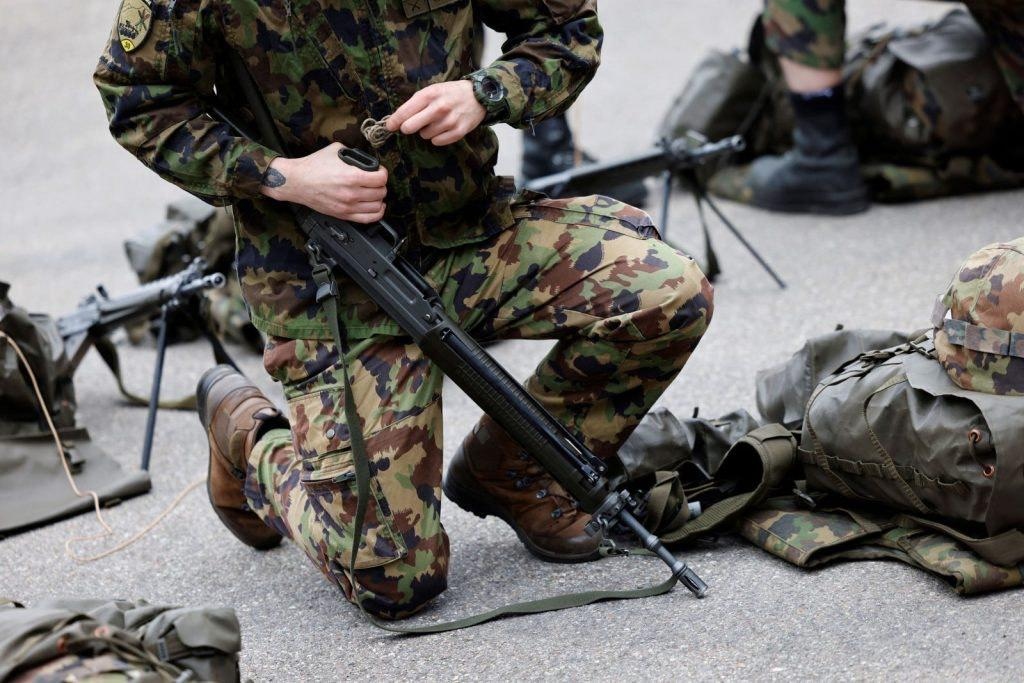Greece and Cyprus are entering a new, strategically critical era as the European Union launches the ambitious SAFEprogram, a funding mechanism designed to transform the European defense industry and enhance the ability of member states to develop, procure, and deploy modern military systems.
With a European “war chest” approaching €150 billion, Athens and Nicosia are shaping their national plans to claim an active, leading role in the emerging European defense networks. Initial disbursements are expected by 2026, pending approval from Brussels.
The stakes are not merely financial—they are deeply geopolitical.
The Eastern Mediterranean in Flux — SAFE as a Power Tool
The program comes at a time when Europe seeks to move from passive dependence to an active strategy of autonomy, with Russia’s invasion of Ukraine reshaping the security landscape.
In the Eastern Mediterranean, where the balance of power remains fragile, Greece and Cyprus gaining access to European defense funds under rules of interoperability and European production strengthens their regional deterrence capabilities.
Meanwhile:
- Turkey continues its revisionist ambitions.
- Cyprus remains divided for over 50 years.
- Europe seeks a unified defense voice.
- The war in Ukraine consumes vast European resources.
SAFE is therefore both a tool of power and a site of competing interests.
Greece’s Plan: From Ammunition and Air Defense to Shipyards and Anti-Drone Technologies
Greece initially requested €1.2 billion and received €787.67 million from SAFE. Despite the reduced amount, combining SAFE funds with the revised Long-Term Defense Equipment Program (2025–2036) — now totaling €30 billion — creates an ambitious investment framework.
Key priorities include:
Strengthening Ammunition Reserves
To fill operational gaps and rapidly replenish supplies.
Modern Air and Missile Defense Systems
Focus on anti-aircraft, anti-UAV systems, and surveillance drones.
Fleet and Shipyard Upgrades
Construction or modernization of vessels and submarines, vital for Aegean and Eastern Mediterranean security.
Investments in C4I, Cybersecurity, and Critical Infrastructure
Technological modernization for next-generation operations.
Prime Minister Kyriakos Mitsotakis emphasizes that Greece’s participation in SAFE locks in a transition to a new era of defense production and industrial self-reliance.
Cyprus’s Program: Boosting Deterrence and Developing Infrastructure
Cyprus secures €1.18 million from SAFE—a proportionally higher allocation than Greece. Nicosia plans targeted investments:
- Drones
- Anti-tank missiles
- Ammunition and armored equipment
- New maintenance and production infrastructure
For a nation facing daily threats from an occupying power, SAFE acts as a force multiplier.
Greece-Cyprus “Veto”: Blocking Turkey from SAFE
Athens and Nicosia have already blocked Turkey’s potential participation. EU regulations require unanimity, meaning:
Turkey cannot participate politically or legally.
As Defense Minister Vasilis Palmas noted:“Turkey threatens EU member states, occupies part of Cyprus, and cannot participate in any European defense mechanism.”
However, Professor Angelos Syrigos warned of a loophole: Turkish companies that acquire European defense firms can participate under a European “veneer”, potentially testing SAFE’s cohesion and integrity.
SAFE: A Test for Europe — An Opportunity for Greece & Cyprus
SAFE is not just another fund—it is a mirror of the new geopolitical reality in Europe.
For Greece and Cyprus, it represents:
- Modernization of forces
- Strengthening domestic defense industry
- Diplomatic leverage
- Enhanced deterrence
- A role in shaping a new European security architecture
In an era where defense, economics, and geopolitics converge, the success or failure of SAFE will show whether Europe can truly speak and act with one voice—or remain a patchwork of competing interests.
Source: pagenews.gr
